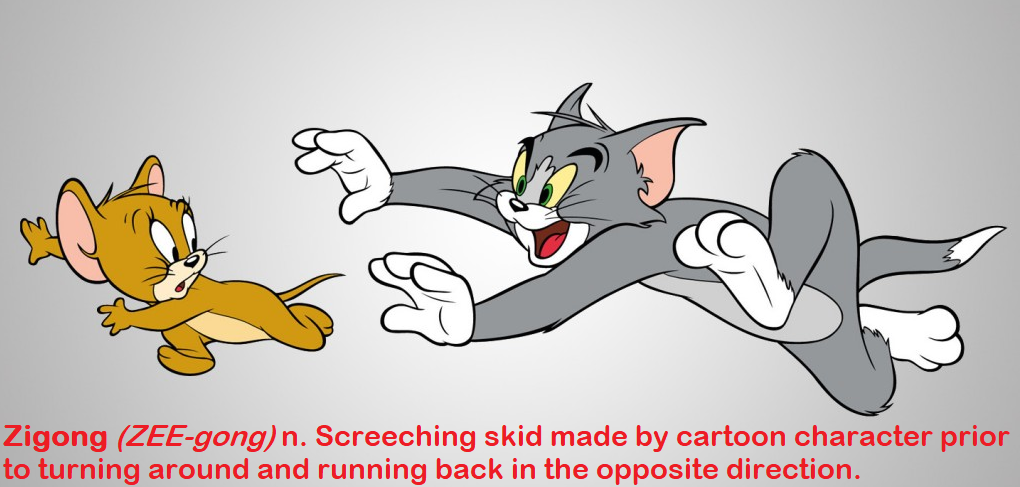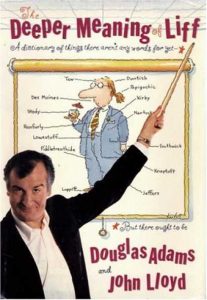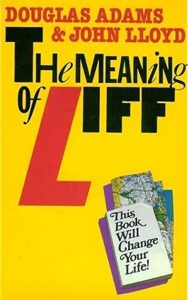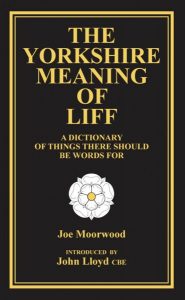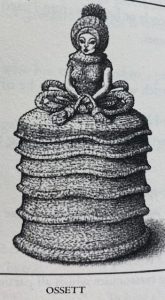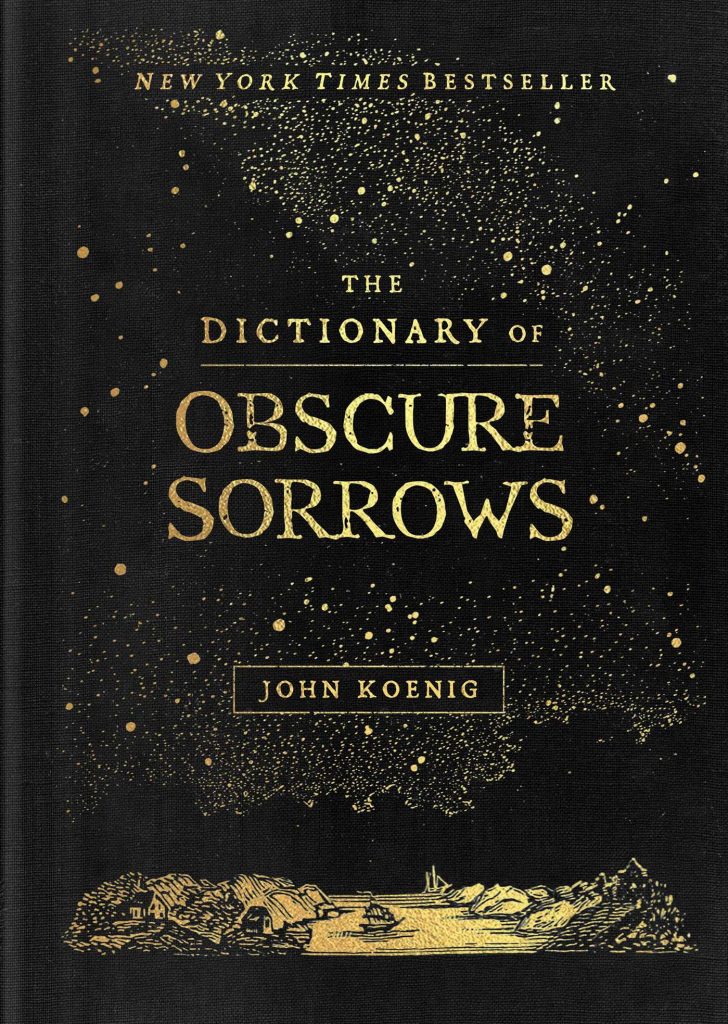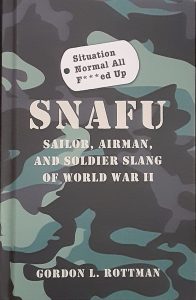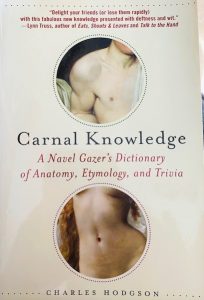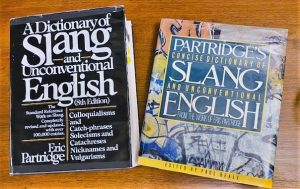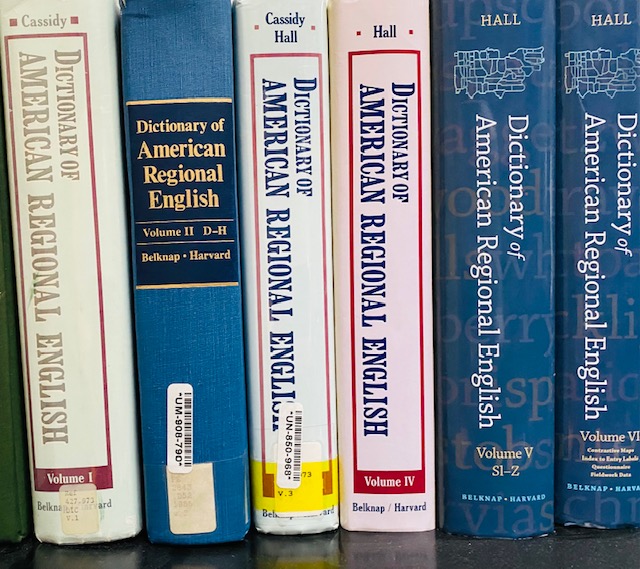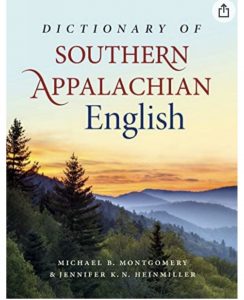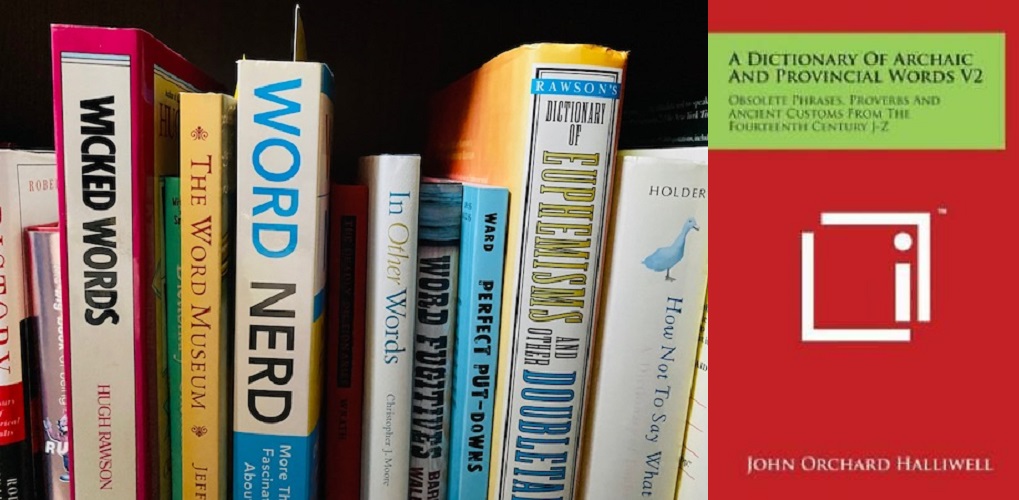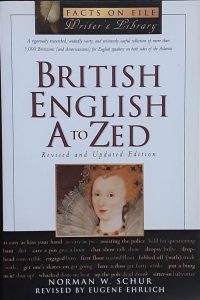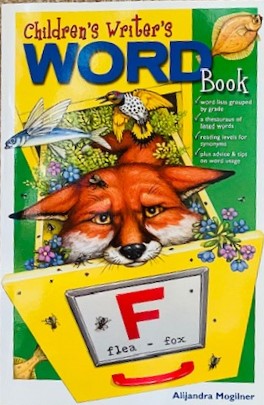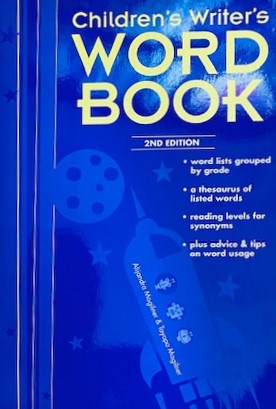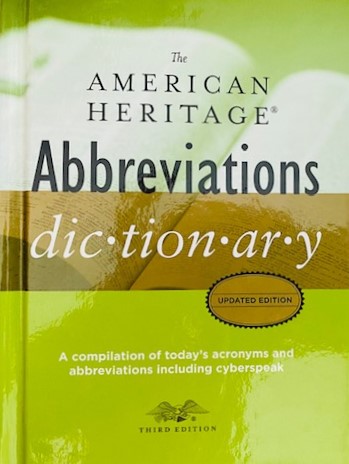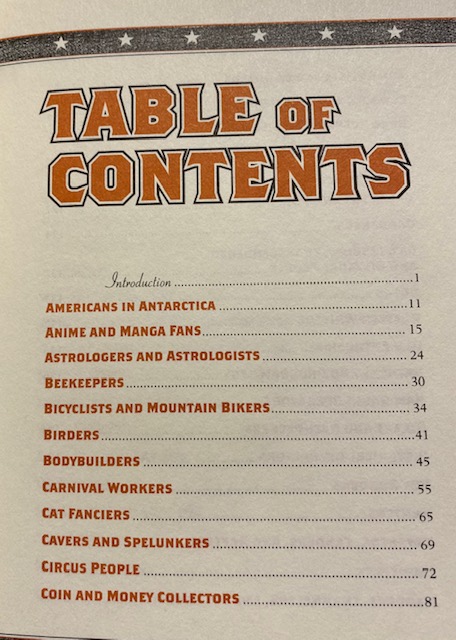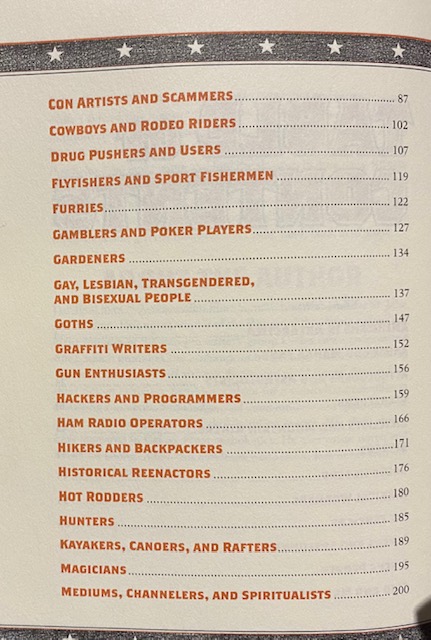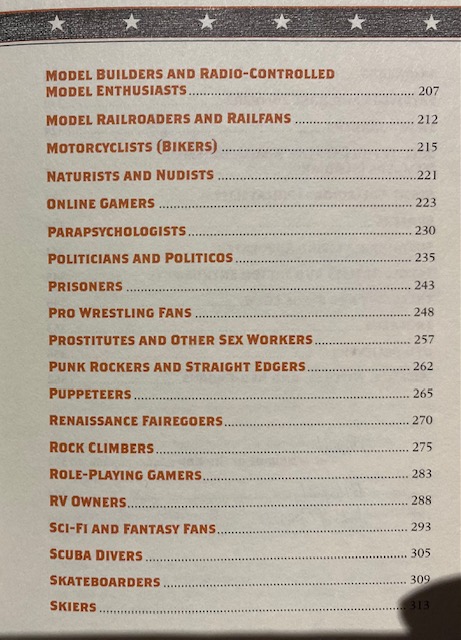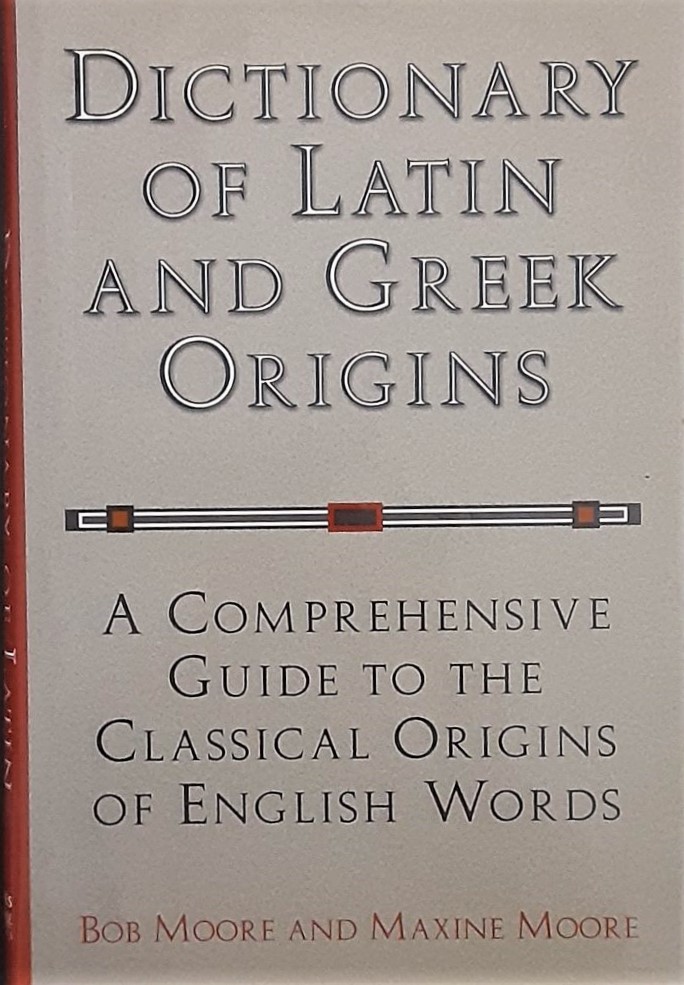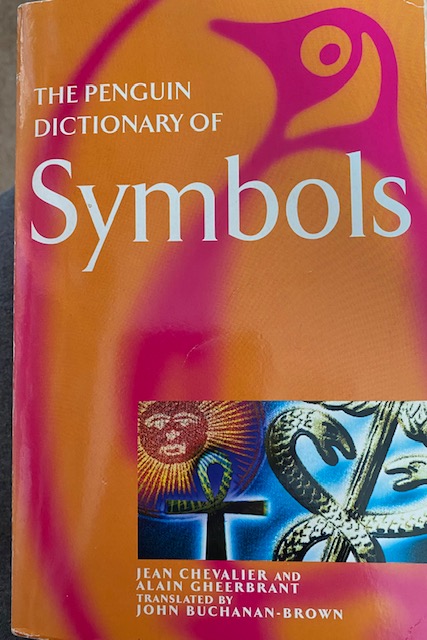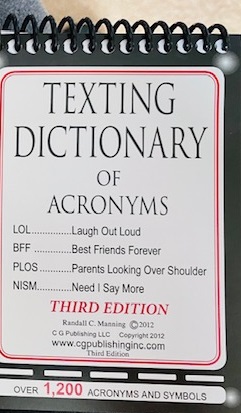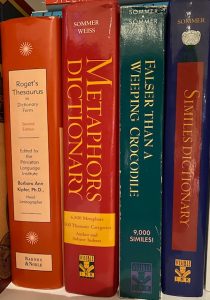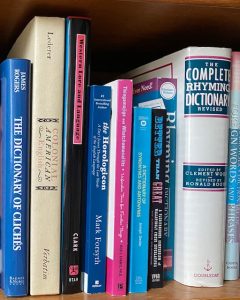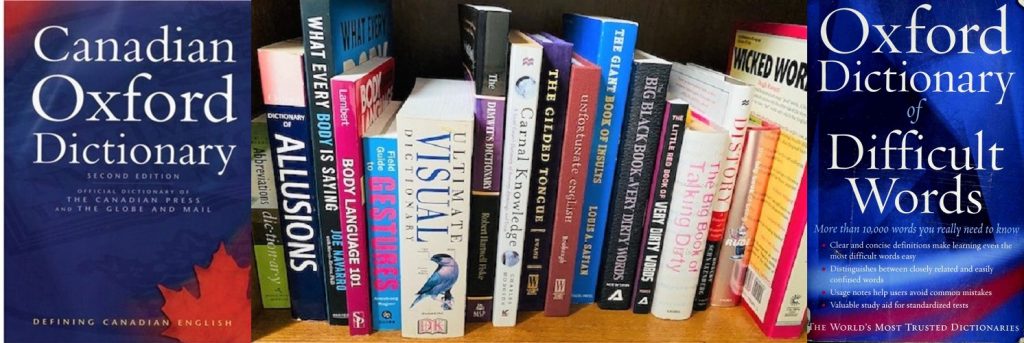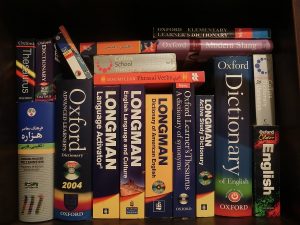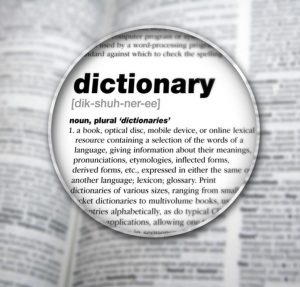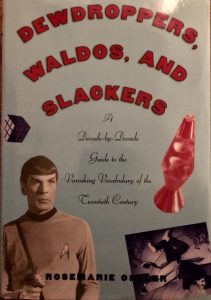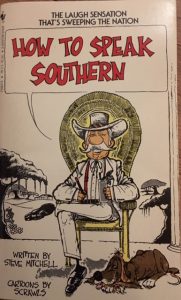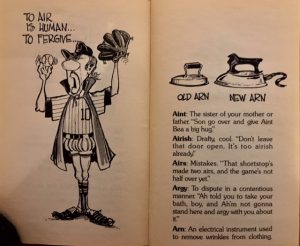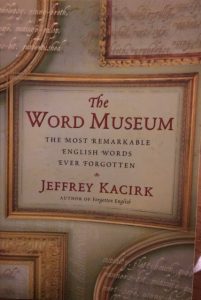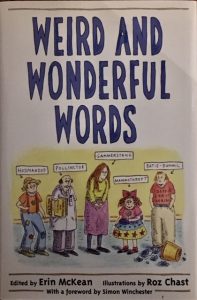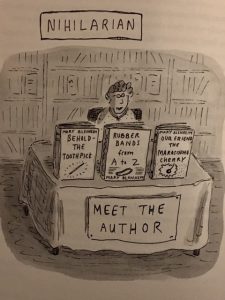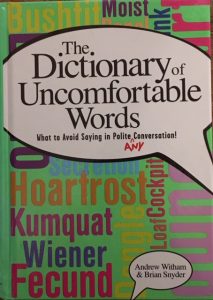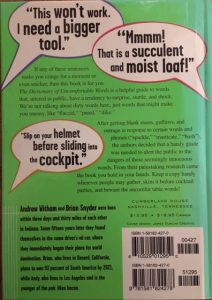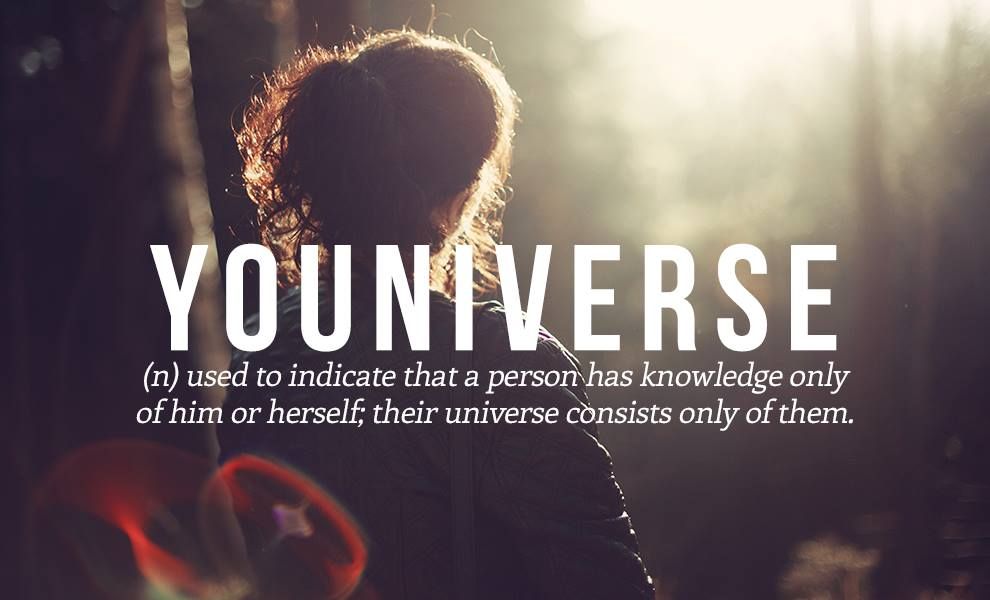
from EliteDaily
Last week I waxed enthusiastic about dictionaries, in all their forms and focus. Well, now I’ve made a truly unique addition to my collection, a Dictionary of things there aren’t any words for yet—*But there ought to be.
As you can surmise from the cover, The Meaning of Liff is basically a humorous read. In 157 pages, British writers Adams and Lloyd have made a herculean effort to fill the word void with wondrous creations, some with historical notes and illustrations. Rather than inventing new words, the authors have paired each definition with the names of places in England and Scotland (Liff is a village in Scotland near Dundee).
Adams and Lloyd followed up with The Deeper Meaning of Liff. Thirty years later, Joe Morwood and John Lloyd decided to expand their geography with The Yorkshire Meaning of Liff.
(In case you don’t recognize the names, Douglas Adams is a best-selling novelist, the creator of The Hitchhiker’s Guide to the Galaxy and Dirk Gently‘s Holistic Detective Agency; John Lloyd is an award-winning comedy television producer in England.)
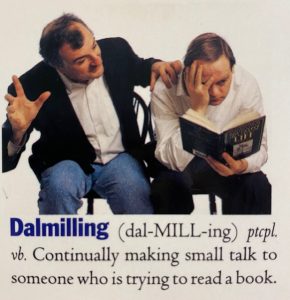
In the examples I’ve excerpted below, bracketed comments [ ] are my additions.
- Aalst (ay-AY-lst) n.
- One who changes his name to be nearer the front.
- [Something to consider when choosing a pen name?]
- Bathel (BATH-ul) vb.
- To pretend to have read the book under discussion when in fact you’ve only seen the tv series.
- [One might assume that this applies to having only seen the movie as well.]
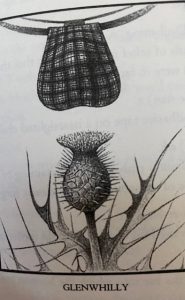
[AKA under-armor.]
- Craboon (kra-BOON) vb.
- To shout boisterously from a cliff.
- [And who hasn’t?]
- Duddo (DUD-oh) n.
- The most deformed potato in any given collection of potatoes.
- [Not to be confused with] Dubbo(DUB-oh) n.
- The bruise or callous on the shoulder of someone who has been knighted unnecessarily often.
- Ely (EE-le) n. T
- he first, tiniest inkling you get that something, somewhere, has gone terribly wrong.
- Falster (FAWL-ster) [FALL-ster in American] n.
- A long-winded, dishonest and completely incredible excuse when the truth would have been completely acceptable.
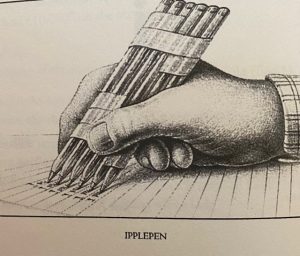
- Hadzor (HAD-zer) n.
- A sharp instrument placed in the basin which makes it easier to cut yourself.
- Juwain (ju-WAYNE) adj.
- Only slightly relevant to the matter at hand.
- [Such a frequently useful adjective!]
- Kanturk (kan-TERK) n.
- An extremely intricate knot originally used for belaying the topgallant foresheets of a gaff-rigged China clipper, now more commonly observed when trying to get an old kite out of the cupboard [closet in American] under the stairs.
- Lemvig (LEM-vig) n.
- A person who can be relied upon to be doing worse than you.
- [Need I point out how incredibly valuable such a friend/acquaintance/coworker is?]
- Mogumber (mug-UM-ber) n.
- One who goes around complaining that he was cleverer ten years ago.
- Nubbock (NUB-uk) n.
- The kind of person who must leave before a party can relax and enjoy itself.
- Papcastle (PAP-kah-sul) [PAP-castle in American] n.
- Something drawn or modeled by a small child which you are supposed to know what it is.
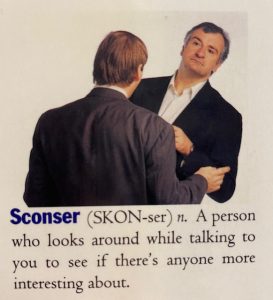
- Querrin (KWER-rin) n.
- A person no one has ever heard of who unaccountably manages to make a living writing prefaces.
- Randers (RAN-ders) pl.n.
- People who, for their own obscure reasons, try to sleep with people who have slept with members of the royal family.
- Tanvats (TAN-vats) pl.n.
- Disturbing things that previous owners of your house have left in the cellar.
- Udine (YEW-dine) adj.
- Not susceptible to charm.
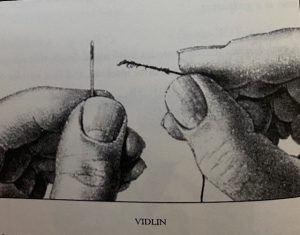
- Wartnaby (WAWT-nay-bee) n.
- Something you only discover about somebody the first time they take their clothes off in front of you.
- Yetman (YET-man) n.
- A yes-man who is waiting to see whom it would be most advantageous to agree with
- [X. Apparently their imaginations failed them.]
I highly recommend this dictionary, if for no other reason than it’s a fast, humorous read. Can you think of a definition we need in English that might fit your hometown?
But what about you?
Do you have your own non-words worthy of such a dictionary? I have a handful I’m willing to share, and will follow the format above. Some are in my speaking vocabulary; more are in my mental vocabulary!
- Alcologic (al-co-LOG-ic) n.
- Thinking or ideas that seem perfectly reasonable and logical when drunk, almost always a bad—or worse than bad—idea.
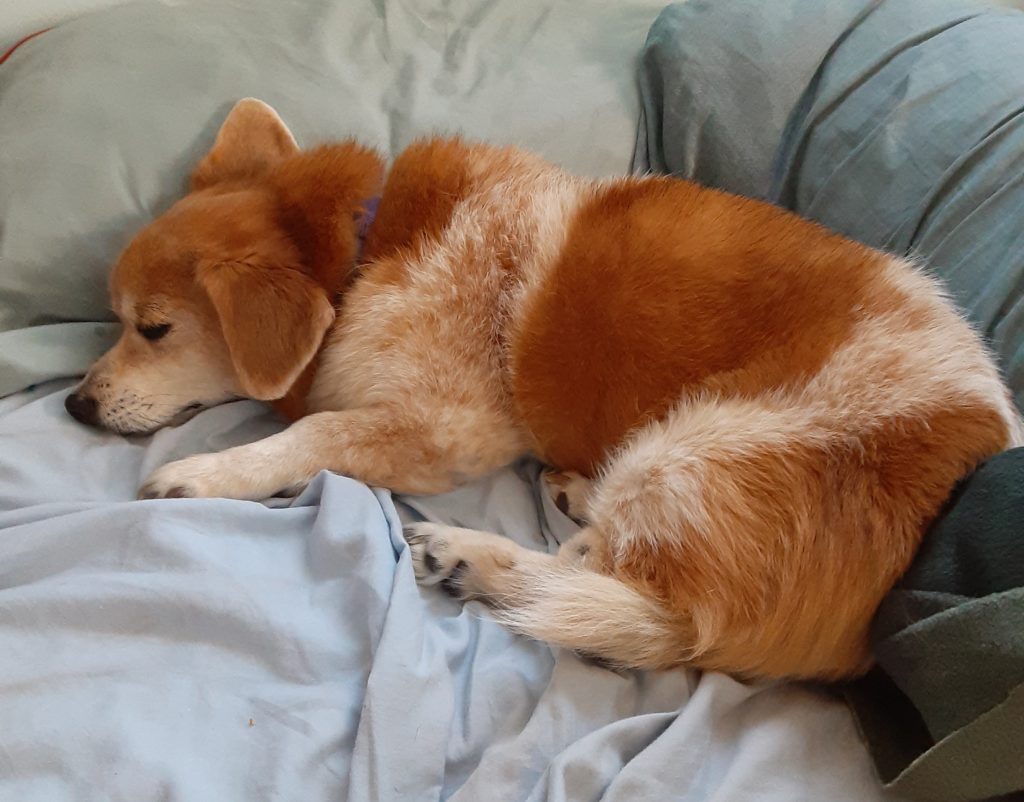
- Hangry (hANE-gry) adj.
- Irritability or a bad mood caused by low blood sugar.
- Ignoragas (ig-NOR-a-gas) v.
- The act of not apparently noticing a fart. This is a social nicety in some situations, aimed at avoiding embarrassment. In the home setting, it may reflect habituation.
- Netbrain (NET-brain) n.
- A condition in which something that is usually known or remembered drops through the net and is temporarily unavailable. I first heard this word from my Associate Director of Educational Affairs at the American Psychological Association and it’s been a staple in my vocabulary ever since. I have no idea how widely used it might be.
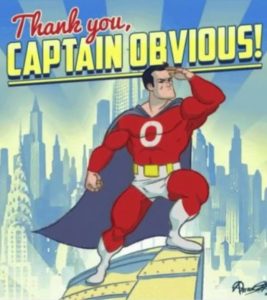
- Pickaddict (pick-AD-dict) n.
- A person addicted to nose-picking, often in the bathroom or car when the picker thinks no one will notice. Usually controlled in public.
- Readarhea (read-ah-REE-ah) n.
- A condition exhibited by someone who reads aloud from whatever s/he is reading, regardless of what the other person(s) might be doing, including reading, writing, or working.
- Rubbleit (RUB-bul-it) v.
- To reduce to rubble, either literally or figuratively.
- Sleepnet (SLEEP-net) n.
- A system or habit of thought a person uses to promote sleep. Does not usually involve counting sheep.
So, what is the use of non-words?
Besides entertainment, consider working them into your speech and/or writing. The context is usually sufficient for understanding. Such words are fresh and eye/ear-catching. Many authors have created words that are now part of everyone’s vocabulary. Just think of chortle (Lewis Carroll), freelance (Thomas Brown), litterbug (Alice Rush McKeon), mondegreen (Sylvia Wright), nerd (Dr. Seuss), robot (Karel Capek), scaredy-cat (Dorothy Parker), and scientist (William Whewell).
If you’re interested, here are some other dictionaries that only sort of exist:
- That Should Be a Word: A Language Lover’s Guide to Choregasms, Povertunity, Brattling, and 250 Other Much-Needed Terms for the Modern World by Lizzie Skurnick
- The Dictionary of Obscure Sorrows by John Koenig
- The Extended Words: An Imaginary Dictionary by Sid Gershgoren
Bottom Line: Sometimes, dozens of dictionaries still aren’t enough. Consider creating words. Every word in current usage started as someone’s creation!
